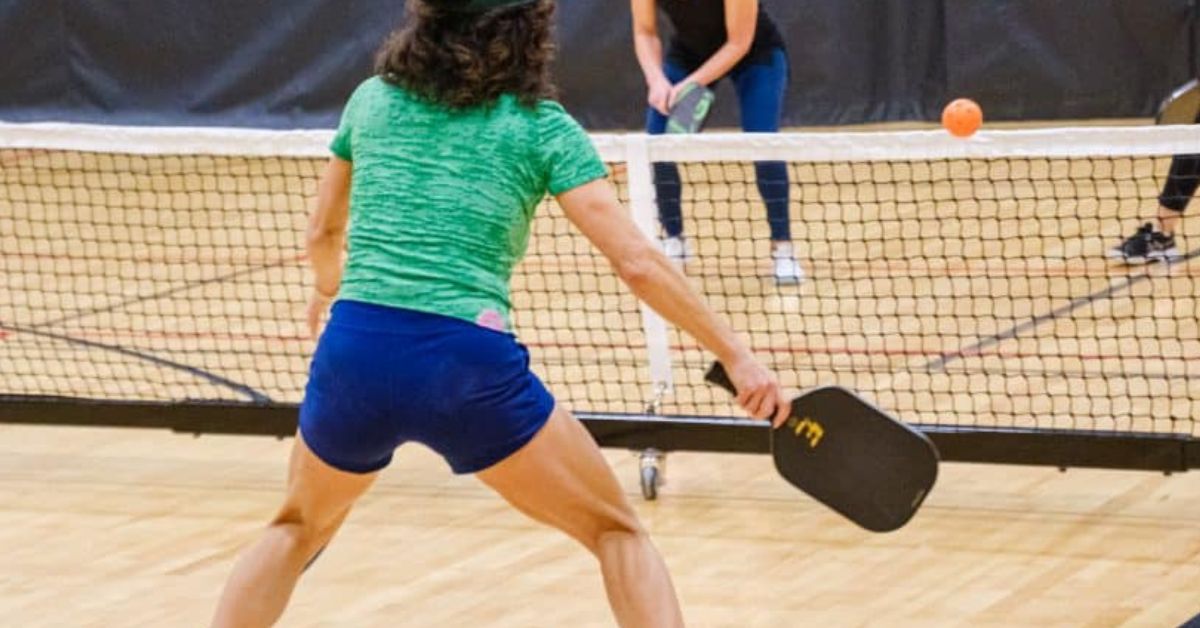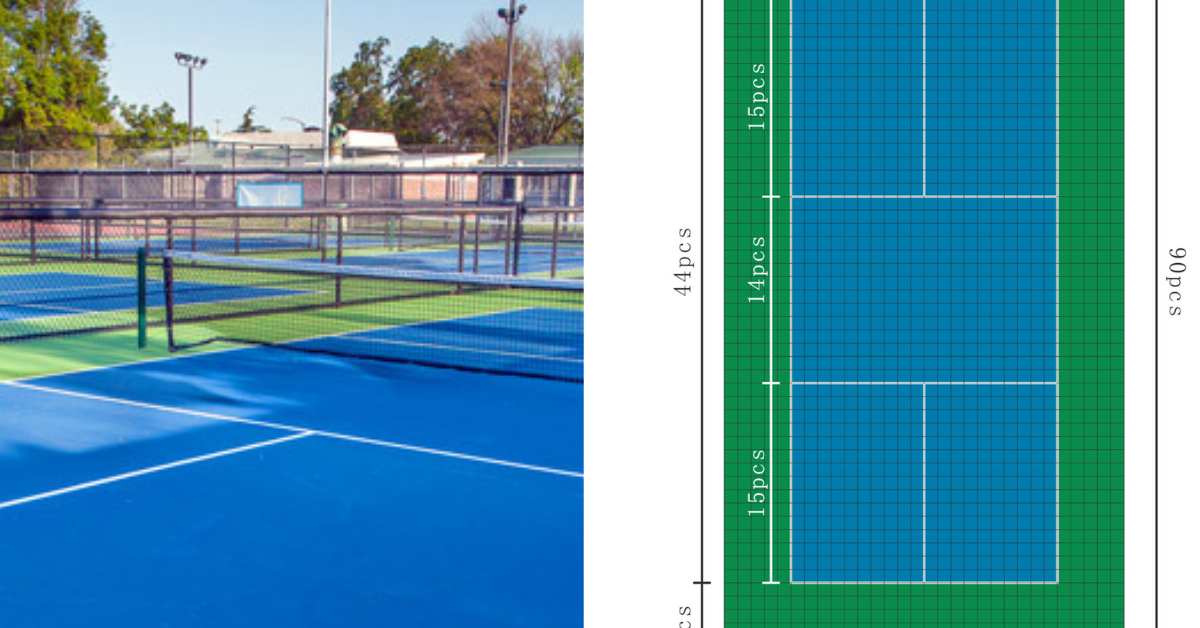Mastering Pickleball Etiquette on the Court

Pickleball is not just a sport; it’s a community of players who share a love for the game. To foster a positive and enjoyable atmosphere on the court, mastering pickleball etiquette is essential. This guide will walk you through the nuances of pickleball etiquette, ensuring that you not only play well but also create a welcoming and respectful environment for all.
Understanding Pickleball Etiquette
Pickleball etiquette consists of unwritten rules and guidelines that govern player behavior on the court. These guidelines are designed to promote fairness, safety, and sportsmanship, ensuring that everyone has a great time playing this exciting sport.
The Importance of Etiquette
Pickleball etiquette is more than just following rules; it’s about respect and sportsmanship. When players adhere to these unwritten guidelines, it creates a friendly and inclusive atmosphere on the court. Here’s a breakdown of the key elements of pickleball etiquette:
Respecting Court Reservations
Court Reservation Policies
Many pickleball courts have reservation systems or designated hours for play. It’s crucial to respect these policies. If you’ve reserved a court, be punctual, and do not exceed your allotted time. For first-come, first-served courts, respect those waiting for their turn, and adhere to a fair rotation system.
Rotating Play Fairly
Wait Your Turn
In the spirit of fairness, if others are waiting to play on a crowded court, practice good sportsmanship by following a rotation system. After a game, step aside, and let the next group take the court. It’s a fundamental aspect of pickleball etiquette.
Keeping Noise Levels in Check
Mind Your Noise Level
While pickleball is a fast-paced game, excessive noise or shouting should be avoided. Be mindful of your volume to prevent disturbing players on nearby courts. A friendly “Quiet, please” can go a long way in maintaining court decorum.
Controlling Emotions on the Court
Control Your Temper
Competition is natural in sports, but it’s crucial to control your emotions. Avoid outbursts of frustration or unsportsmanlike behavior. Focus on enjoying the game rather than just winning.
Communicating Clearly with Your Partner
Effective Communication
Since pickleball is often played in doubles, effective communication with your partner is essential. Discuss strategies, positioning, and calls with your teammate. Clear communication can help avoid collisions and improve your game.
Mastering the Non-Volley Zone Rules (Kitchen)
Know the Non-Volley Zone (Kitchen) Rules
The non-volley zone, also known as the kitchen, is a seven-foot area on either side of the net where players are not allowed to volley the ball. Familiarize yourself with these rules and avoid stepping into the kitchen while making a volley shot.
Giving Right of Way on the Court
Give Way to the Right of Way
In pickleball, there’s a concept of the “right of way” during play. If the ball is coming toward you and your opponent, one player should call the ball as “mine” and take the shot. Clear communication with your partner prevents confusion.
Respecting Skill Levels
Respect Opponent’s Skill Levels
Pickleball attracts players of various skill levels. When playing against opponents with different abilities, show respect and adapt your gameplay. Encourage fair play and consider offering tips or compliments to less experienced players.
Cleaning Up After Your Game
Leave the Court in Good Condition
Before leaving the court, ensure that you clean up any trash or personal belongings. Leave the court as you found it, ensuring that it remains a clean and welcoming place for future games.
FAQs
Q: Why is pickleball etiquette important?
A: Pickleball etiquette promotes fairness, safety, and sportsmanship, creating a positive playing experience for all.
Q: How can I find information on court reservations?
A: Check with your local pickleball community or facilities to learn about court reservation policies and availability.
Q: What is the non-volley zone in pickleball?
A: The non-volley zone, or the kitchen, is a seven-foot area on either side of the net where volleying is not allowed.
Q: Are there any penalties for not following pickleball etiquette?
A: While there are no official penalties, failing to follow etiquette can lead to an unpleasant experience and potential conflicts with other players.
Q: What should I do if I accidentally break pickleball etiquette rules?
A: If you realize you’ve made a mistake, a simple apology and a commitment to following etiquette in the future will usually suffice.
Q: Can you offer tips for beginners to quickly grasp pickleball etiquette?
A: For beginners, the key is to observe experienced players, ask questions, and always show respect for fellow players.
Conclusion
In conclusion, mastering pickleball etiquette goes beyond knowing the rules; it’s about creating a friendly and respectful environment on the court. By respecting court reservations, rotating play fairly, controlling noise levels, and following the unwritten guidelines of pickleball, you contribute to a positive and inclusive pickleball community. Enjoy the game and the camaraderie it brings to your life.



